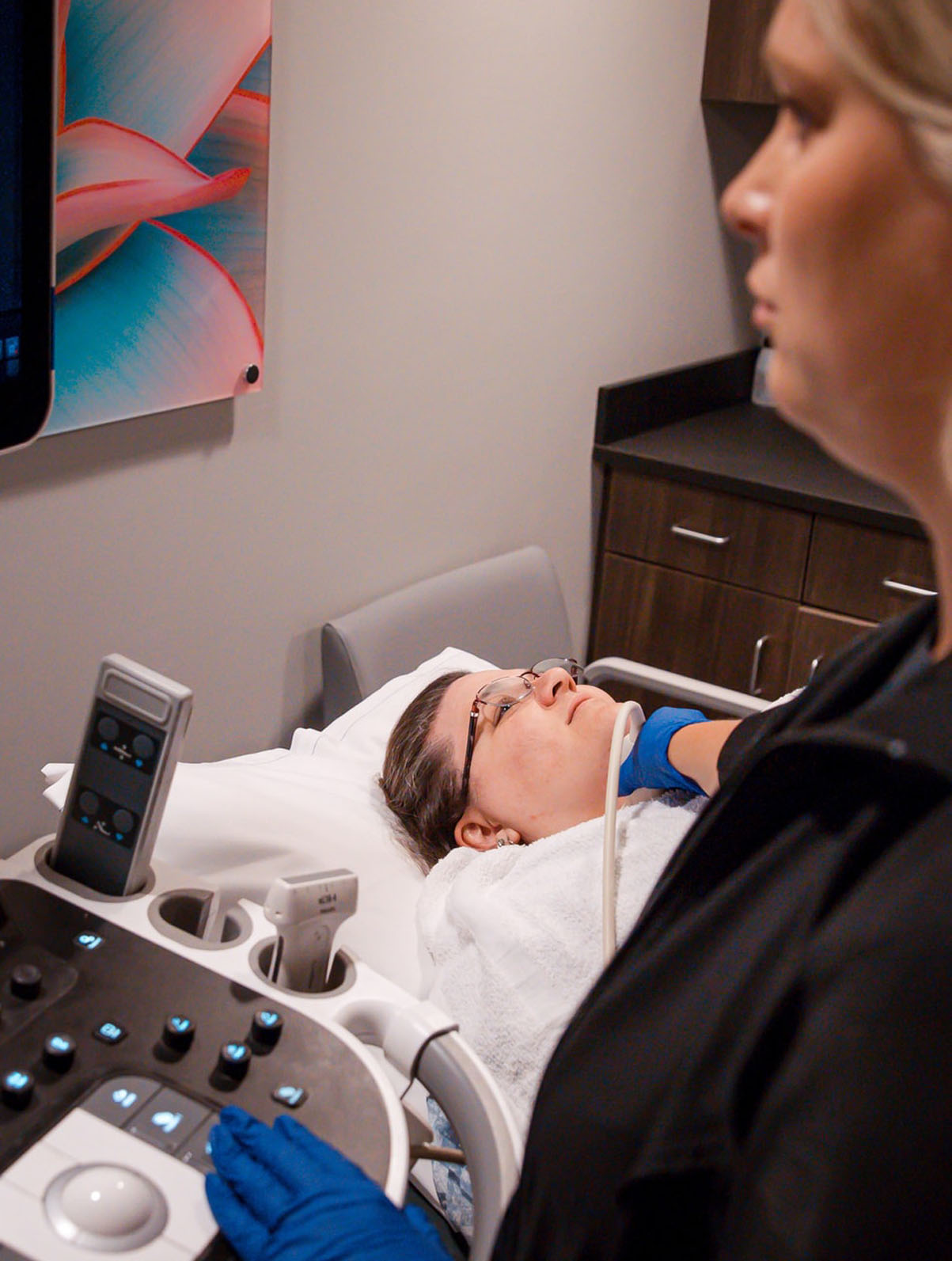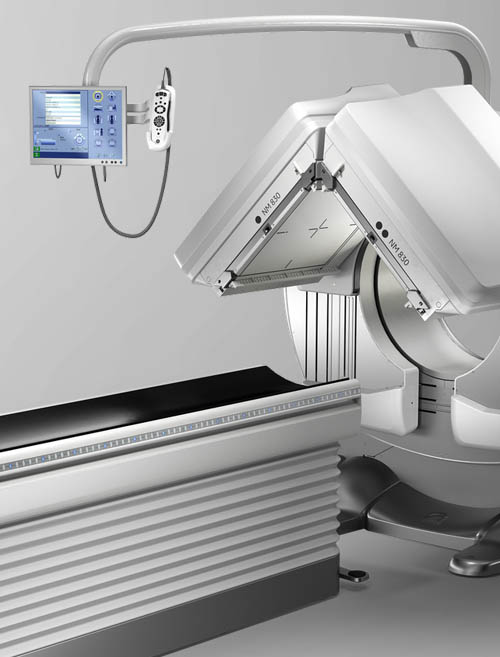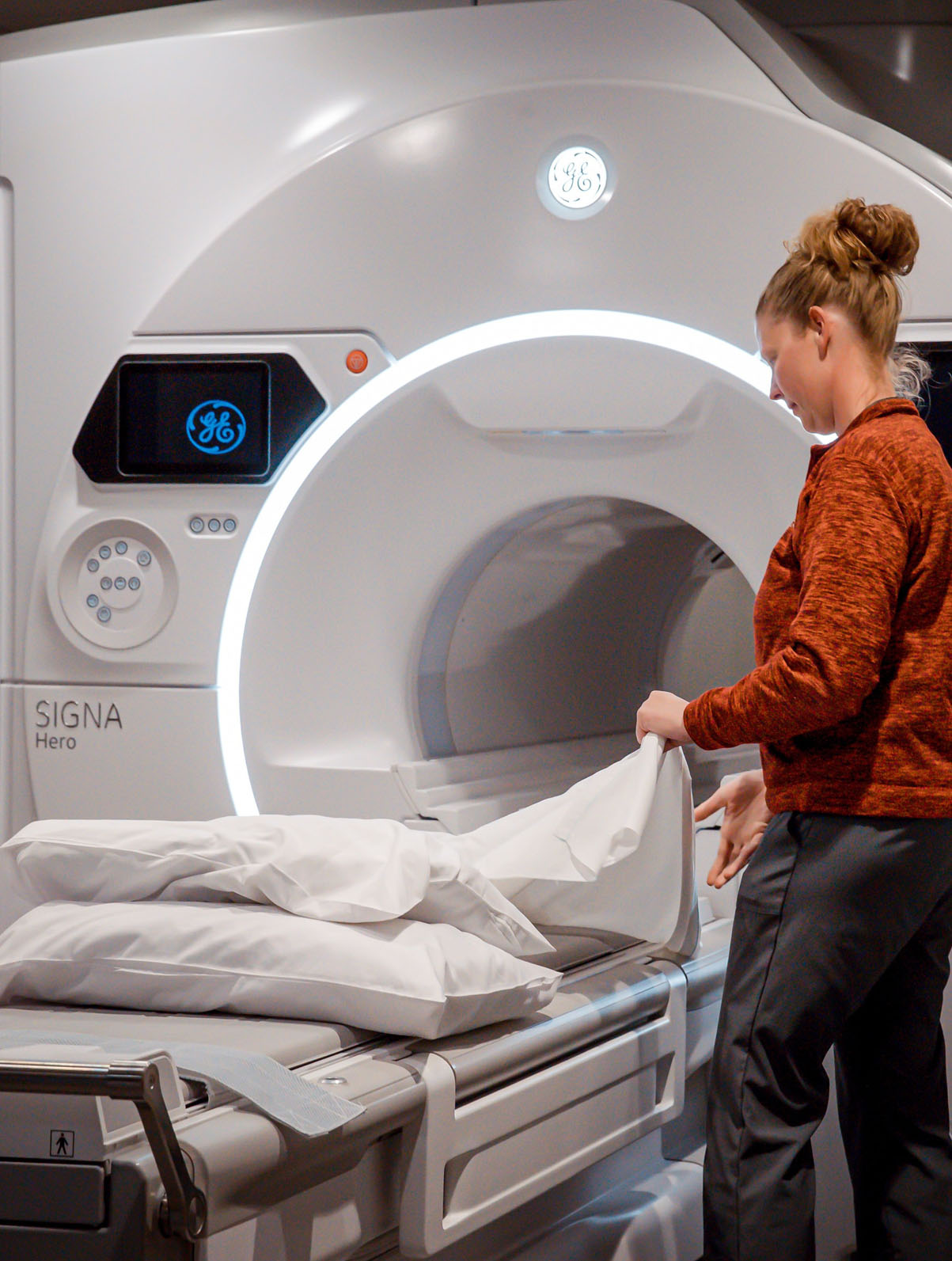
Providing the most subspecialists in the area
We have physicians that have dedicated years of their lives to hone their skills in specific areas, leading to better diagnostic capabilities and care for our patients.
Specialized care
Faster results
Lower costs

























